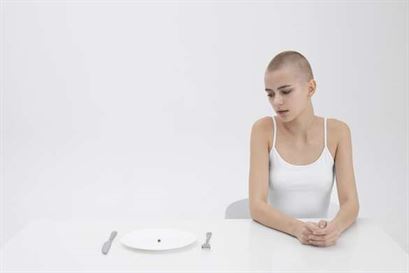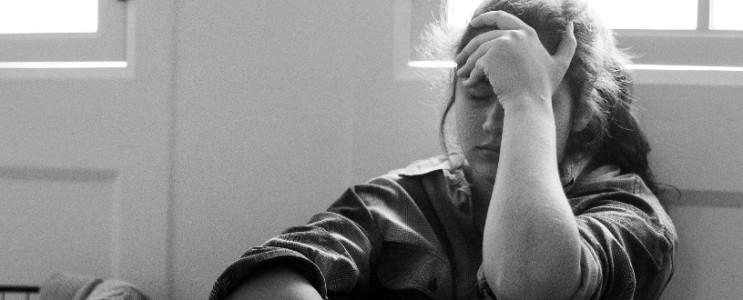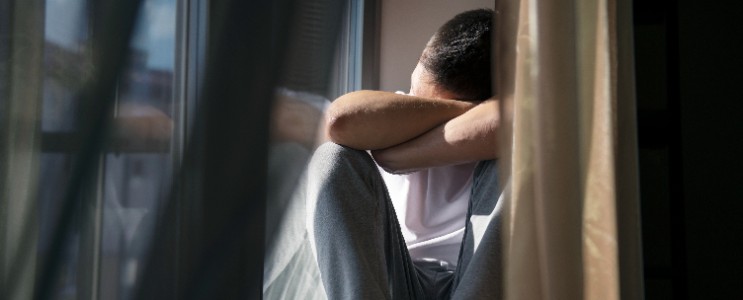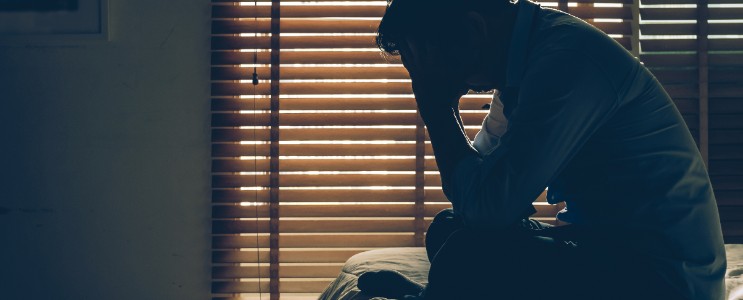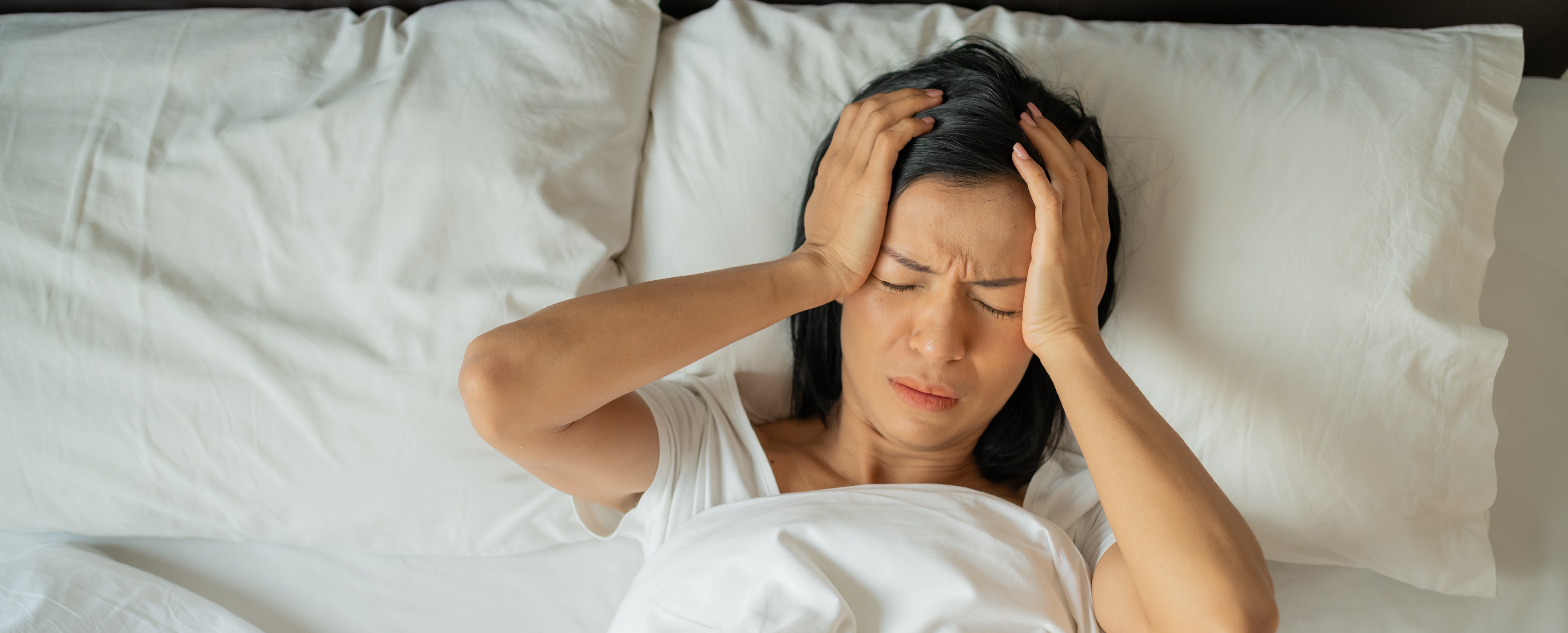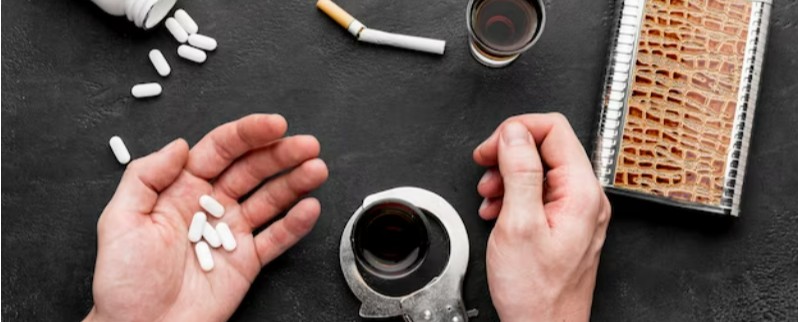
Signs that you have mild depression and how to treat it

Mild Depression Symptoms and Treatment. These words hold significant weight in today's world. Recognizing the signs, understanding the causes, and knowing the available treatments can empower you to take control of your mental well-being. This blog explores what mild depression is, its symptoms, causes, treatment options, and how you can help yourself through this challenging phase.
What is Mild Depression?
Mild depression, also known as dysthymia, is a mood disorder characterized by persistent feelings of sadness, hopelessness, and a lack of interest in life. Unlike major depression, the symptoms of mild depression may be less intense but last longer, often for two years or more. People with mild depression may still be able to function in their daily lives but the condition can significantly impact one's overall well-being. Connect with our qualified practitioners to talk about your mild depression symptoms and treatment.
Identifying Mild Depression Symptoms
Recognizing mild depression symptoms is the first step toward seeking help. These symptoms may include:
- Persistent Sadness: Individuals with mild depression often experience a continuous feeling of sadness or emptiness that lingers for most of the day.
- Loss of Interest: A decreased interest in previously enjoyed activities can be a key indicator of mild depression. Hobbies, socializing, and even work might lose their appeal.
- Low Energy: Fatigue and a lack of energy are common, making it difficult to carry out daily tasks.
- Change in Appetite or Weight: Mild depression can lead to changes in appetite, resulting in weight loss or gain.
- Sleep Disturbances: Insomnia or oversleeping are typical in those with mild depression.
- Low Self-Esteem: Individuals might experience feelings of worthlessness or excessive guilt.
- Difficulty Concentrating: Cognitive difficulties, such as trouble focusing or making decisions, can arise.
- Withdrawal: Social withdrawal and isolation are common as a person might prefer solitude over interacting with others.
Understanding the Causes
The exact causes of mild depression are multifaceted and may involve a combination of biological, psychological, and environmental factors. Genetics, brain chemistry imbalances, and a history of trauma or adverse life events can contribute to the development of this condition.
Exploring Treatment Options
When it comes to mild depression symptoms and treatment, several approaches can make a significant difference in improving your well-being:
- Psychotherapy: Talk therapy, such as cognitive-behavioural therapy (CBT) or psychodynamic therapy, can help you identify and modify negative thought patterns and develop healthier coping mechanisms. Connect with our qualified practitioners to discuss your mild depression symptoms and treatment.
- Medication: Antidepressant medications may be prescribed by a healthcare professional to help balance brain chemicals and alleviate symptoms. It's important to consult a doctor before starting any medication.
- Lifestyle Changes: Engaging in regular physical activity, maintaining a balanced diet, getting sufficient sleep, and managing stress can positively impact your mood.
- Social Support: Building and maintaining strong social connections can provide a sense of belonging and reduce feelings of isolation.
Helping Yourself Through Mild Depression
While professional treatment is crucial, you can take proactive steps to support your recovery:
The first step is to understand your mild depression symptoms and treatment options.
- Practice Self-Care: Engage in activities that bring you joy and relaxation, whether it's reading, painting, or taking long walks.
- Set Realistic Goals: Break tasks into smaller, manageable steps to avoid feeling overwhelmed.
- Challenge Negative Thoughts: When negative thoughts arise, challenge them with evidence-based reasoning. Often, our minds tend to magnify problems.
- Mindfulness and Relaxation Techniques: Mindfulness meditation, deep breathing exercises, and progressive muscle relaxation can help reduce stress and anxiety.
The Role of Therapy
Therapy is a cornerstone of mild depression treatment. A skilled therapist can provide a safe space for you to explore your emotions, thoughts, and concerns. Cognitive-behavioural therapy (CBT) can help you identify patterns of negative thinking and develop strategies to reframe them, leading to improved emotional well-being. Psychodynamic therapy delves into the unconscious roots of your depression, helping you gain insights into the underlying causes. Connect with our qualified practitioners for your mild depression symptoms and treatment.
Mild depression symptoms and treatment deserve attention and understanding. Remember, seeking help is a sign of strength, and there is no shame in reaching out to professionals when you're struggling. By acknowledging your feelings, understanding the causes, and exploring the available treatment options, you can pave the way to a brighter, more fulfilling future. With the right support, self-care, and commitment, you can overcome mild depression and regain control of your life.
Articles
Build your awareness and get inspired with our researched articles on how you can strengthen your well-being
Popular Topics
An OTP has been sent to the email address
provided.
Please check your Inbox and Spam folders.

What Would You Like to Speak with a Specialist About?
Mental Fitness Journey starts Now!
Chearful Connects you with Top-tier Qualified Wellness specialists for the Price of a cup of Coffee!

Next Steps
- A Client Team member will reach out to you to schedule a session with the most suitable specialist.
- You will receive an email with a 10% Discount Code* for your 1st session.
- We invite you to Explore the Platform & Sign Up today! *Upto a maximum of $10 discount on a session purchased




 3192 Read
3192 Read



.jpg)







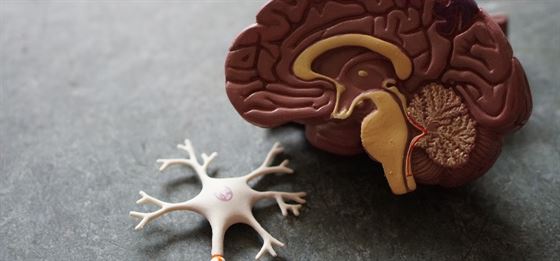
.png)
.jpg)

.jpg)

.jpg)




.jpg)





















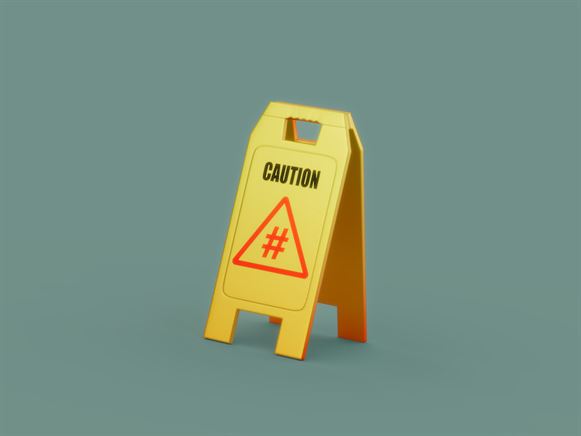

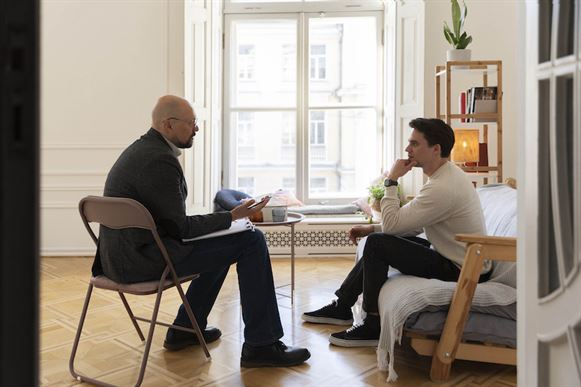

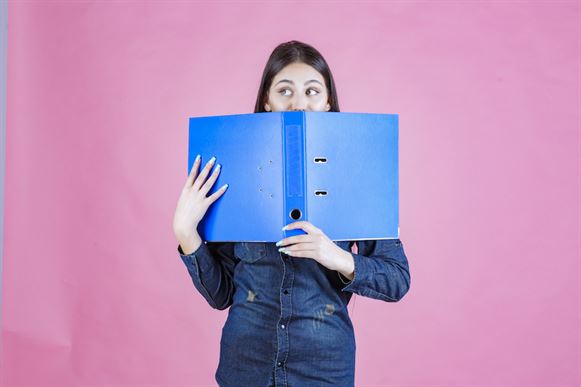





.jpg)

